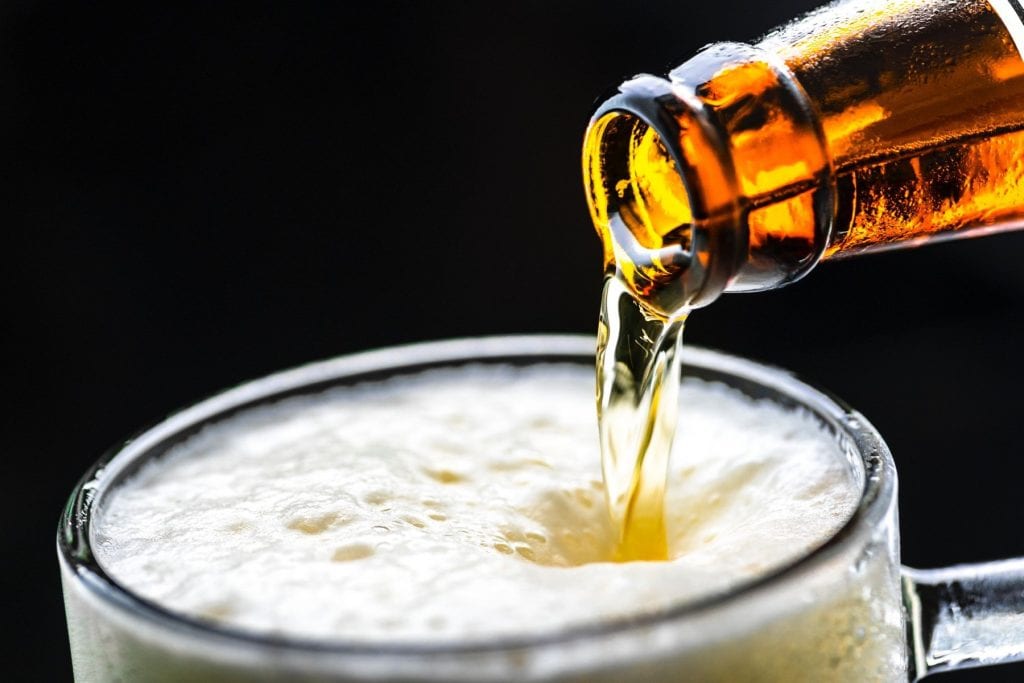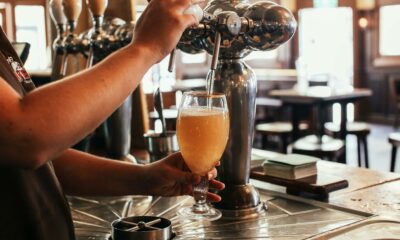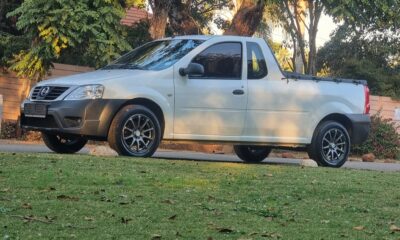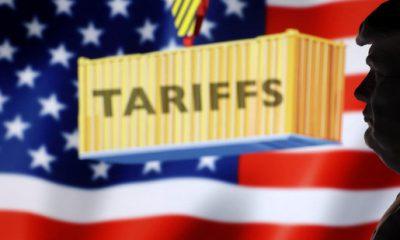News
R11 Billion Lost to the Shadows: How Tax Hikes Are Fueling South Africa’s Illegal Alcohol Trade

In South Africa, a quiet crisis is brewing behind the counters of taverns, shebeens, and small bottle stores. Every time the government nudges up the tax on alcohol, it’s not just the price of your favorite cider or beer that climbs — it’s the growing cost of survival for the people trying to sell it legally.
Now, with the government’s latest budget locking in excise hikes of up to 6.8%, the knock-on effect is painfully clear. Legal alcohol traders are being squeezed out of the market, while illegal operators are cashing in. According to the Beer Association of South Africa (BASA), this tax strategy is helping to divert more than R11.3 billion away from the state — straight into the hands of criminals.
What’s Really Behind the Tax Hike?
Let’s be honest — nobody’s shocked that alcohol and tobacco taxes went up again in Finance Minister Enoch Godongwana’s latest budget. These so-called “sin taxes” have long been the go-to for quick revenue. The National Treasury says these hikes, usually aligned with inflation, help discourage harmful consumption and boost public finances.
But this year’s increase isn’t just keeping up with inflation. With CPI hovering around 4%, the average hike on alcohol sits closer to 6.8%. That’s a real increase of nearly 3% on already heavily taxed products.
For the average consumer, that might just mean a slightly more expensive weekend. But for small alcohol sellers — many of them family-run businesses — it’s the difference between staying afloat or shutting down.
Pushed to the Edge
At the heart of the crisis are thousands of small traders, many in rural areas or townships, who rely on affordable beer sales to support their families. With the cost of doing business climbing fast — from production inputs to licensing fees — many are now being forced into a corner.
The result? Some cut their stock and reduce business hours. Others turn to the illegal market to survive.
The numbers are sobering. The illicit alcohol trade now makes up an estimated 22% of all alcohol consumption in South Africa. That’s nearly a quarter of all sales happening outside the law, with no taxes paid, no safety regulations followed, and no benefit to the state or the legal industry.
The Broken Math of Excise Taxes
According to BASA, excise duties now make up around 40% of the retail price of a beer. For spirits and wines, the numbers are just as staggering. With every annual hike, legitimate businesses are stretched thinner, while illegal operators enjoy a growing slice of the pie — unregulated, untaxed, and unpoliced.
Let’s break it down:
-
A 750ml bottle of spirits now carries nearly R95 in excise duty.
-
A 340ml can of cider carries about 247 cents in duty.
-
Fortified wine will jump to over R10 per litre.
And if you’re a tavern owner? Prepare for a 100% spike in licensing fees too.
Many traders are choosing not to renew their licenses at all, knowing enforcement is weak and consequences are minimal. It’s a recipe for a thriving black market.
Where Is the Tax Money Going?
One of the most painful parts of this story is that many traders feel abandoned. They’re paying higher taxes and licensing fees every year, yet seeing little to no support from the state. Service delivery continues to decline, infrastructure is failing, and there’s no relief in sight for those trying to do things the right way.
Worse, there’s a growing belief among small business owners that these taxes aren’t being used to improve the systems that affect them. Roads remain riddled with potholes, power is unstable, and basic support for small enterprises is missing.
For many, the message is loud and clear: play by the rules, and you’ll be punished. Go underground, and you might just survive.
It’s Time to Rethink the System
BASA is calling for a fresh, evidence-based approach to excise tax — one that doesn’t blindly apply blanket increases without considering the broader impact on the economy.
South Africa needs a tax model that supports legal businesses, clamps down on illicit trade, and encourages responsible consumption — not one that drives hardworking sellers into illegal territory just to keep food on the table.
It’s about more than numbers on a budget spreadsheet. It’s about the real people behind the bar, the truck drivers delivering crates, the shopkeepers stacking shelves, and the families relying on every sale.
Let’s Not Hand Over Another R11 Billion
South Africa can’t afford to keep writing off billions in lost revenue, while putting more strain on the very businesses trying to stay above board. If we want a healthier, safer, and more sustainable alcohol industry, we need smarter policies — and we need them now.
Support local. Support legal. Demand change.
{Source: BusinessTech}
Follow Joburg ETC on Facebook, Twitter , TikTok and Instagram
For more News in Johannesburg, visit joburgetc.com



























